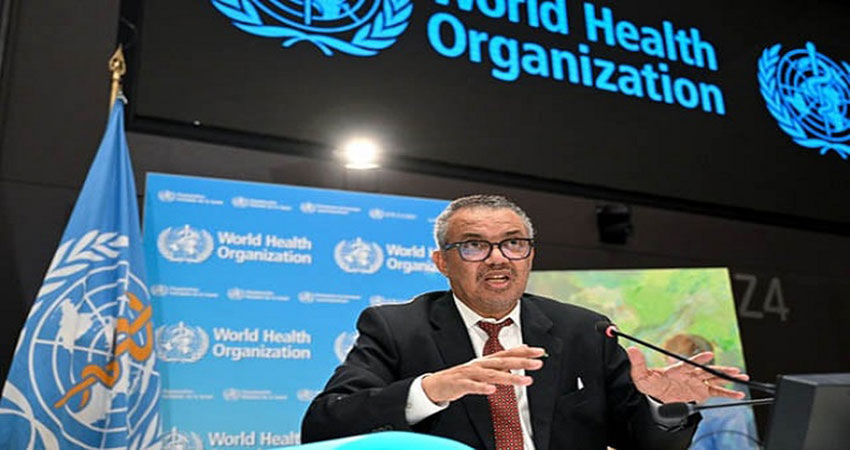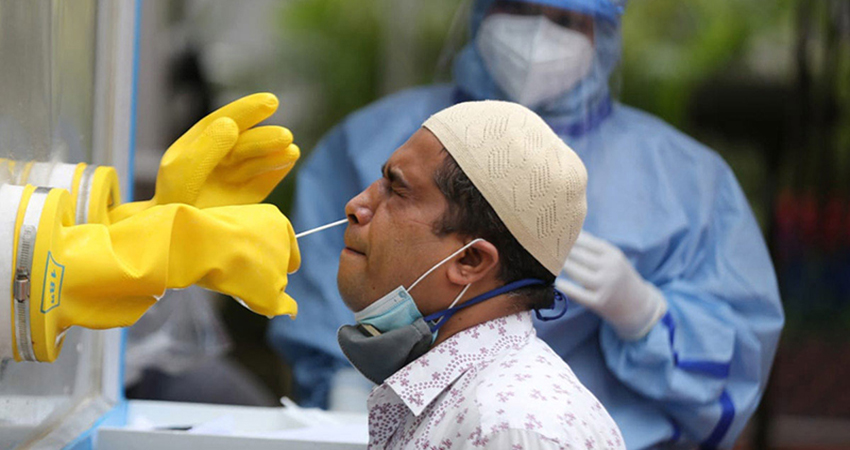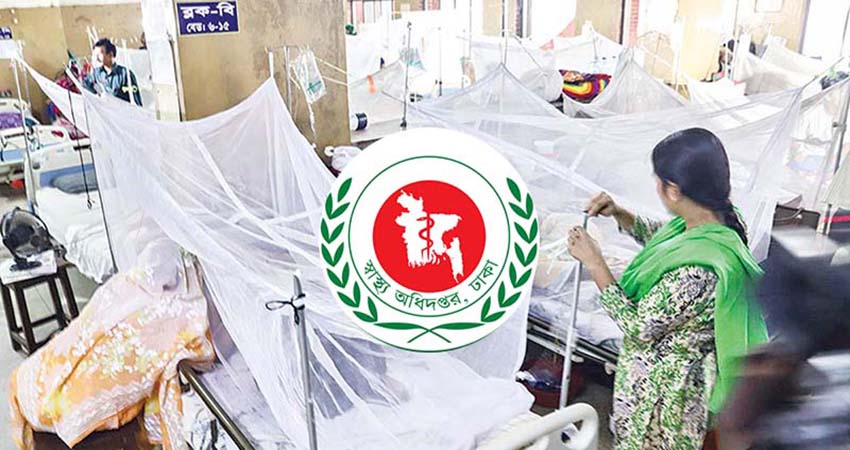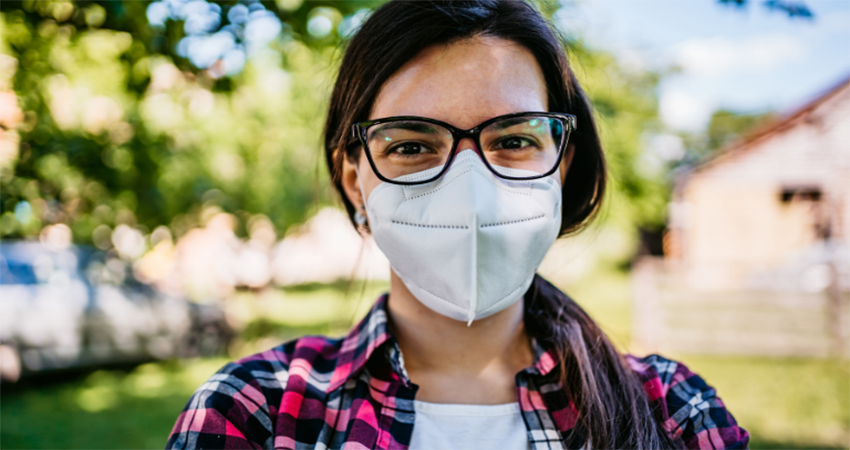Routine vaccination of children is picking up again after a dramatic drop during the Covid-19 crisis, the United Nations said Tuesday, warning that dangerous gaps remain.
Four million more children received routine childhood vaccines last year than in 2021, according to data published by the UN health and children's agencies.
"That's a good news story," World Health Organization vaccine chief Kate O'Brien told AFP.
"On average, countries around the world are recovering and are immunising toward the level of immunisation that was achieved before the pandemic hit."
WHO chief Tedros Adhanom Ghebreyesus agreed, describing the fresh data as "encouraging".
He warned though that "global and regional averages don't tell the whole story and mask severe and persistent inequities."
"When countries and regions lag, children pay the price."
Despite the progress, 20.5 million children missed out on one or more routine jabs in 2022.
That was down from 24.4 million a year earlier, but still well above the 18.4 million who missed out in 2019, before the pandemic hit.
O'Brien voiced concern the recovery was "very uneven".
Dramatic improvements in vaccine coverage in populous countries like India and Indonesia had masked slower recovery and even continued declines in most low-income countries, the data showed.
The WHO and the UN children's agency UNICEF voiced particular concern over lagging vaccination against measles -- one of the world's most infectuous diseases.
Of the 73 countries that recorded substantial declines in measles vaccine coverage during the pandemic, 15 had by the end of last year recovered to pre-pandemic levels and 24 were on route to recovery.
But at the same time, 34 had stagnated or continued declining.
"Beneath the positive trend lies a grave warning," UNICEF chief Catherine Russell said in the statement.
"Until more countries mend the gaps in routine immunisation coverage, children everywhere will remain at risk of contracting and dying from diseases we can prevent."
Last year, 83 percent of children received a first measles vaccine dose during their first year of life, up from 81-percent coverage in 2021, but down from 86 percent before the pandemic.
The slow recovery was putting an additional 35.2 million children at risk of measles infections, according to Tuesday's statement.
On a more positive note, vaccination coverage against the cancer-causing HPV virus surpassed pre-pandemic levels last year, although it still remained well-below the 90-percent target.



















